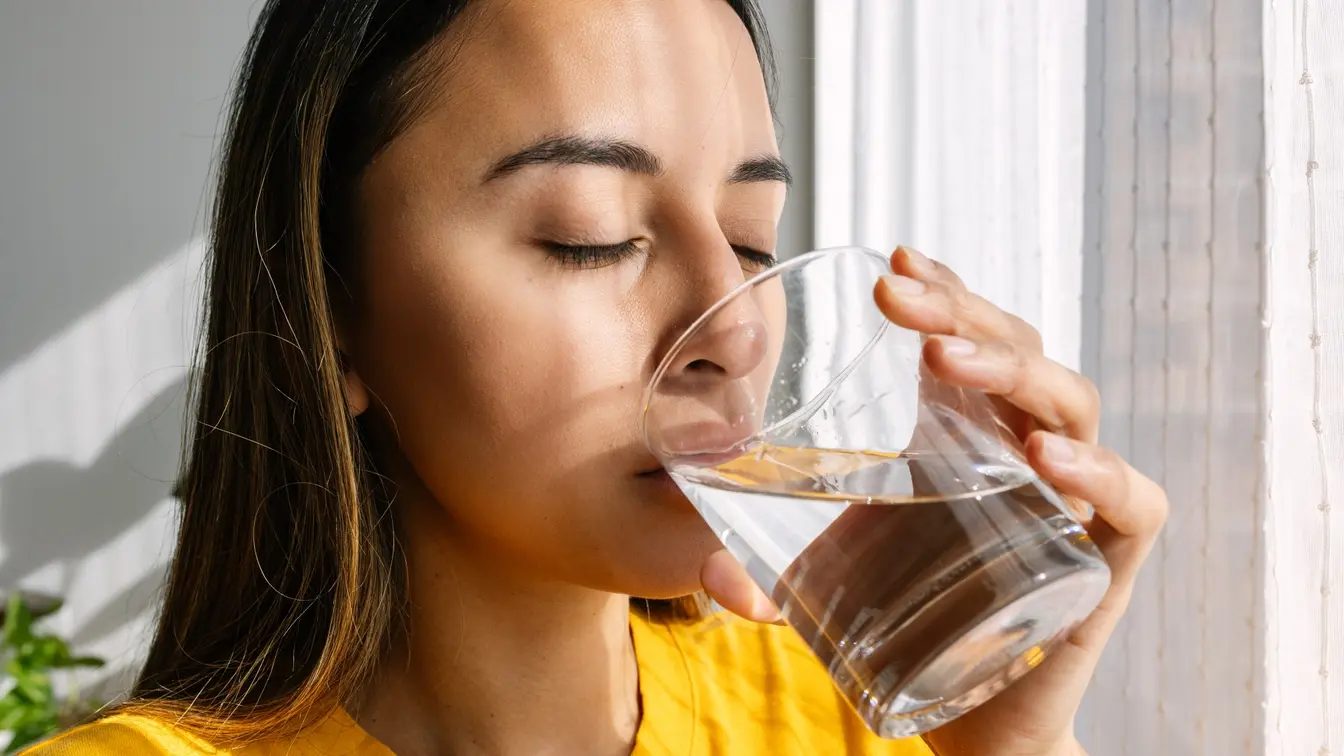T4K3.news
Hydration linked to stress cortisol response
A study from Liverpool John Moores University finds people who drink less water show higher cortisol during a stress test, even without increased thirst.

A LJMU study links habitual low fluid intake to higher cortisol during a stress test even when thirst levels are not higher.
Low water intake boosts cortisol response to stress
Researchers from Liverpool John Moores University studied 32 adults, split into two groups. Sixteen people drank under 1.5 litres of water daily and sixteen met daily fluid guidelines. Hydration was tracked for seven days using urine and blood tests. After the monitoring period, participants faced a stress test that began with a mock job interview, then a camera-led interview with three observers, and finished with a mental arithmetic task. Saliva samples measured cortisol before and after the stress tasks. The team used European Food Safety Authority guidelines to define adequate intake and noted UK guidance on daily fluid intake.
Results showed higher cortisol levels in the low-fluid group during the stress tasks, while both groups reported similar levels of anxiety and showed similar increases in heart rate. The low-fluid group did not report feeling thirstier than the higher-consumption group. Researchers suggest that simply keeping a water bottle nearby during stressful periods could support long-term health, though they emphasize that more work is needed to confirm whether increasing intake can blunt cortisol responses to everyday micro-stresses.
Key Takeaways
"Cortisol is the body’s primary stress hormone and exaggerated cortisol reactivity to stress is associated with an increased risk of heart disease"
Comment from Prof Neil Walsh on health implications
"If you know you have a looming deadline or a speech to make, keeping a water bottle close could be a good habit with potential benefits for your long-term health"
Direct quote from Prof Walsh in the study
"We’d like to think that meeting the water intake guidelines could be one of a number of things you could do to blunt that cortisol response day to day"
Lead researcher remark on practical takeaways
"Both groups felt equally anxious and experienced similar increases in heart rate during the stress test"
Study observation on subjective anxiety and physiology
This study points to hydration as a potential, low-cost factor in how the body handles stress. Yet the small sample size and the controlled lab setting limit how broadly we can apply the findings. Cortisol is a key stress marker, but linking higher cortisol in a lab test to real-world disease risk requires more evidence. The result that thirst perception did not differ between groups adds a twist: hydration status matters even when people feel equally hydrated.
If future research supports the idea, hydration could become part of everyday stress management. But researchers must account for variables like climate, activity level, and health status before making broad health claims. In the meantime, the takeaway is simple: water is a daily choice with potential personal health benefits, especially during busy or stressful days.
Highlights
- Hydration could blunt the body’s stress response
- If you know you have a deadline keep a water bottle nearby
- Cortisol is the body's primary stress hormone
- Meeting water guidelines could blunt cortisol day to day
Hydration may be one piece of a larger habit puzzle for stress resilience.
Enjoyed this? Let your friends know!
Related News

Hydration could influence stress response

Hydration linked to stress hormone response

Hydration Linked to Stress Response

Hydration study prompts health discussion

Free activities can help reduce chronic inflammation

New guidance on female health warning signs

One Minute Ritual Strengthens Relationships

Dangerous fat pockets identified
